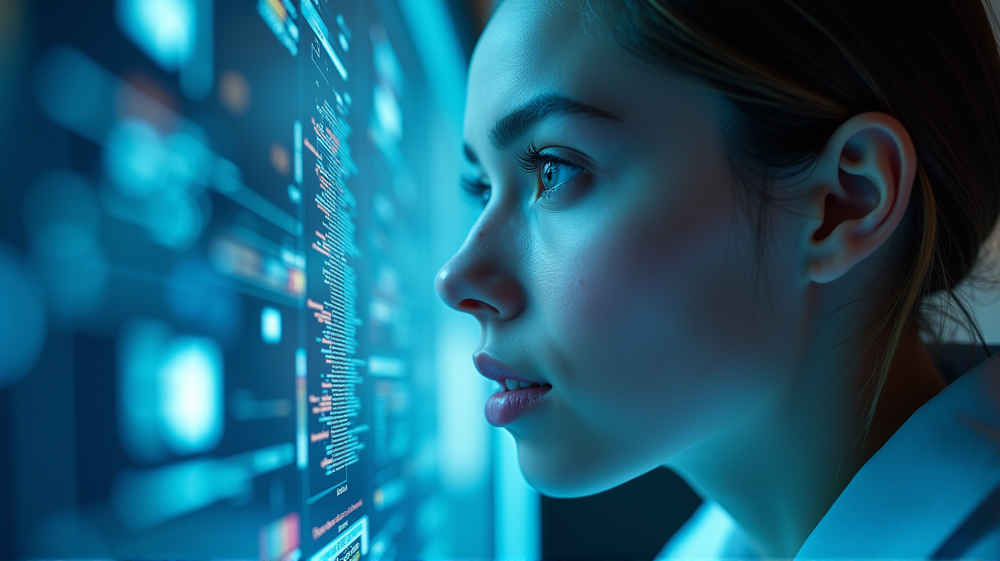In the relentless pursuit of the holy grail of digital healthcare, Silicon Valley’s big guns like Google, Microsoft, and Apple have all tried and failed to create a platform that unifies personal health records seamlessly. But now, OpenAI, with its formidable language model, ChatGPT, might just hold the key to cracking the code of digital health integration.
The Promise of AI-Powered Health Apps
OpenAI is eyeing a leap into consumer healthcare by potentially creating a personal health assistant. This initiative could redefine how users interact with their medical data, enabling them to organize, interpret, and understand health information through conversational AI. This move isn’t about replacing medical professionals but about making healthcare data accessible for everyday understanding.
Overcoming Big Tech’s Hurdles
Past ventures by tech giants floundered primarily because of user friction and poor interoperability. OpenAI envisions a system where ChatGPT can bridge these gaps, allowing individuals to ‘chat’ with their medical data, asking questions like “How did my cholesterol levels shift over the year?” This natural interaction could finally transform unused complex health data into actionable insights.
Navigating the Complex World of Data Privacy
Every step OpenAI takes in healthcare will be scrutinized for data privacy and security, given the stringent regulations in place globally. The integration of ChatGPT in healthcare will require meticulous planning to ensure compliance with laws such as HIPAA and maintain users’ trust.
The Timing of This Transition
As more individuals gradually rely on AI for health-related inquiries, OpenAI’s timing to introduce a dedicated health assistant seems impeccable. The pre-existing trust in ChatGPT for informal health chats could smoothly transition into using it for more detailed health management.
If successful, OpenAI’s entry into healthcare won’t only be competitive against the traditional giants like Google and Microsoft but could set a new standard of what personal healthcare in the age of AI looks like.
According to Digit, if OpenAI succeeds in this venture, it may redefine how personal healthcare interfaces function in today’s digital age.













